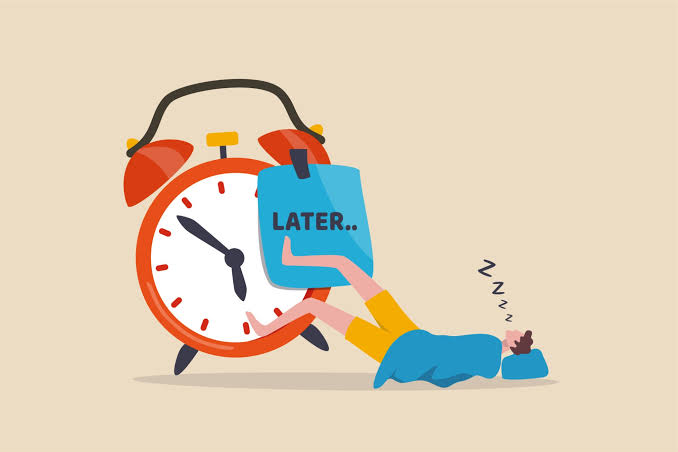
#mentalhealth #MentalHealthAwareness
#Stress 🧵🧵🧵
Stress is a natural response to challenging situations, but if it becomes chronic, it can have negative effects on our physical and mental health. Here are some tips on how to manage stress:
#Stress 🧵🧵🧵
Stress is a natural response to challenging situations, but if it becomes chronic, it can have negative effects on our physical and mental health. Here are some tips on how to manage stress:
➡️ Identify your stressors: Start by identifying the situations or events that trigger your stress response. This can help you develop a plan to manage your stress effectively.
➡️ Practice relaxation techniques: Relaxation techniques such as deep breathing, meditation, and yoga can help reduce stress and promote feelings of calmness.
➡️ Exercise regularly: Exercise can help reduce stress by releasing endorphins, which are natural mood-boosters. Try to incorporate at least 30 minutes of physical activity into your daily routine.
➡️ Prioritize self-care: Taking care of yourself is crucial for managing stress. Make sure to get enough sleep, eat a healthy diet, and engage in activities that bring you joy and relaxation.
➡️ Practice time management: Feeling overwhelmed can be a significant source of stress, so learning to manage your time effectively can help reduce stress levels.
➡️ Seek social support: Talking to friends or family members, joining a support group, or seeking professional help from a therapist can provide valuable support and help you manage stress.
➡️ Avoid unhealthy coping mechanisms: Substance abuse, overeating, and other unhealthy coping mechanisms can provide temporary relief from stress but can ultimately lead to more significant problems. Instead, try to engage in healthy coping strategies.
Remember that managing stress is a process, and it may take time to find what works best for you. By incorporating these strategies into your daily routine, you can learn to manage stress effectively and maintain your overall health and well-being.
@threadreaderapp unroll
• • •
Missing some Tweet in this thread? You can try to
force a refresh
 Read on Twitter
Read on Twitter








